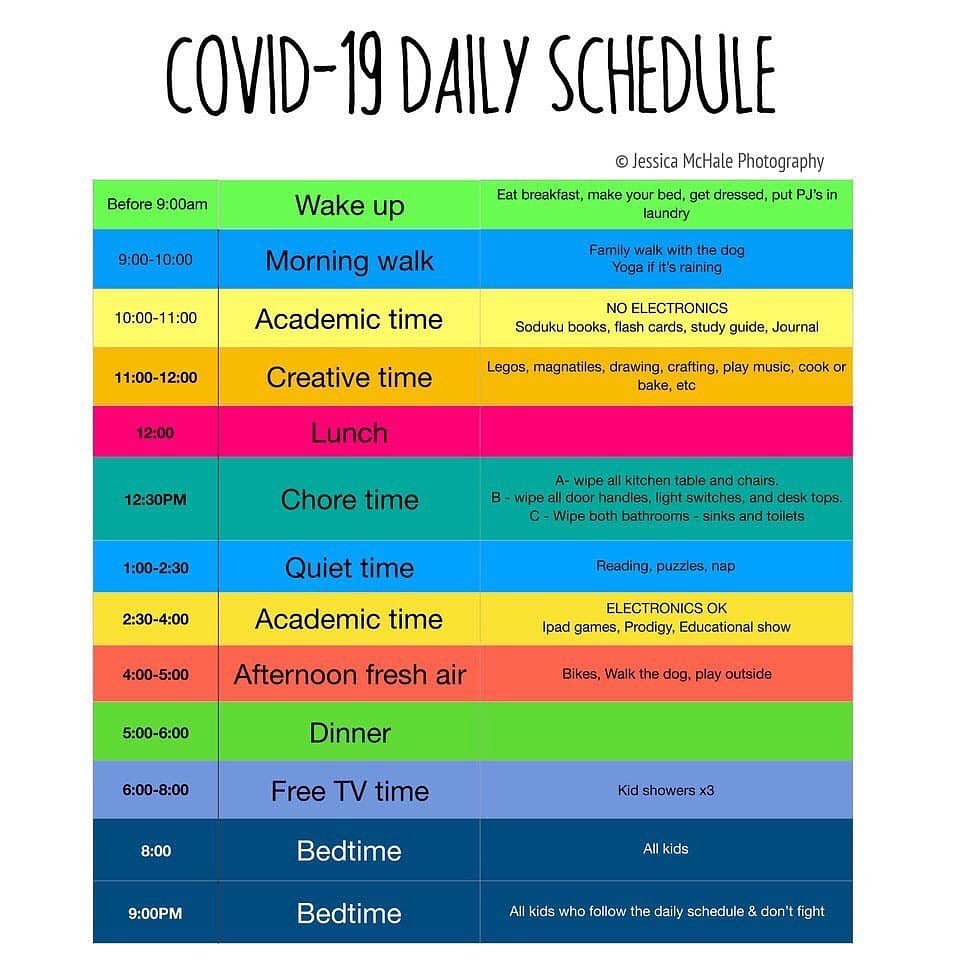Subleasing or subletting, is becoming more and more common in today’s real estate market. It can be a great tool for all parties involved; convenient, timely and most importantly, financially beneficial.
Subleasing is the contractual agreement of a third party (new tenant) to take on the terms of a lease (including paying rent) from the original tenant, while the original tenant’s name remains on the lease.
On the surface, a sublease is straightforward, however failing to outline timelines, obligations and other details at the inception of the agreement can lead to a stressful and negative experience.
The Subleasing Process
Every sublet involves three parties; the landlord, the original tenant and the person taking over the lease, often referred to as the subletter. The first step in the sublease process is determining if you are allowed to sublease the space based on the current contract. If a sublease clause is not included in the lease, you must first reach out to your landlord to determine if a subletter is allowed, and under what conditions.
After you have determined if a sublease is allowed, and what the conditions under which it is allowed, the next step is to begin to find a qualified subletter. This process can be difficult and time consuming, however there are businesses and services available to help, such as Un-Leased (www.Un-leasedus.com), they specialize in helping to find a qualified subletter, as well as coordinating move in and move out dates, and filing all necessary paperwork. Identifying the right subletter is critical to the success of the subleasing process, as the original tenant does remain responsible for paying rent in the event of a defaulting payment. It is important to perform appropriate interviews and background checks prior to agreeing to a sublet, similar to how landlords interview and vet prospective tenants prior to renting to them.
Once you have found the right subletter, the next steps are to determine logistics and signing the necessary agreements and paperwork. The extent of additional paperwork often depends on your landlord, so make sure to follow up with them on everything that might be needed. The logistics portion includes coordinating security deposit and monthly rent payments – again this is largely dependent on what your landlord requires in order to properly sublet, some might be ok without a security deposit, while others may require a typical 1 month rent.
Along with move in and move out dates, logistics that should be agreed upon ahead of time include: if the space will be furnished or not, who is responsible for paying utilities (and if the account needs to be transferred to another person), and what options the subletter may have available to them at the end of the sublease term (is it a hard move out date, can they go month to month, or do they have the option to resign and at what rate, etc).
Once agreements are signed, you are almost done! The last step is to ensure required payments have been received, and then move out and let your subletter move in!
We often recommend checking in with the original landlord on a monthly basis to ensure that there are no issues.
Step by Step
- Determine if a sublease is allowed under your current lease
- Find a qualified subletter – we recommend services like Un-Leased to help with this process
- Coordinate logistics and necessary paperwork
- Sign contracts & confirm payments
- Move out!
FAQs
What are some of the pros of subleasing?
Subleasing can provide flexibility to a tenant, allowing them to move earlier than anticipated without having to continue to pay double rent or a lease breaking fee (often 1.5 to 2 times monthly rent, if allowed at all!) For the subletter, it can provide a way in which to find a lease with a non-standard length (like 4 or 8 months, not typically offered) at a great rate. For landlords, it continues to keep their space occupied, and provides a new potential next tenant. Needless to say there are wins all around!
What are some of the cons?
Finding the right subletter can be difficult, and can run the risk of still being left with a lease if they default.
Is the original tenant still responsible for the lease?
In the event that a subletter defaults on payment, the original tenant is technically still responsible for ensuring that payment is made.
Who pays the landlord?
In most situations, the subletter will pay the landlord directly; however, in some cases, a landlord may want the original tenant to continue to pay the rent, and have the subletter pay the original tenant (this is most often not the case).
Is a security deposit required?
This depends on the landlord’s requirement, typically a landlord will require the original security deposit to be paid by the subletter, and relinquish the original tenants security deposit back to them.
Do you have any questions about subletting, or thoughts on the above article? Feel free to reach out directly to Shaan Dadlani, licensed NC Broker/Realtor® by email at Shaan@YanceyRealty.com .







